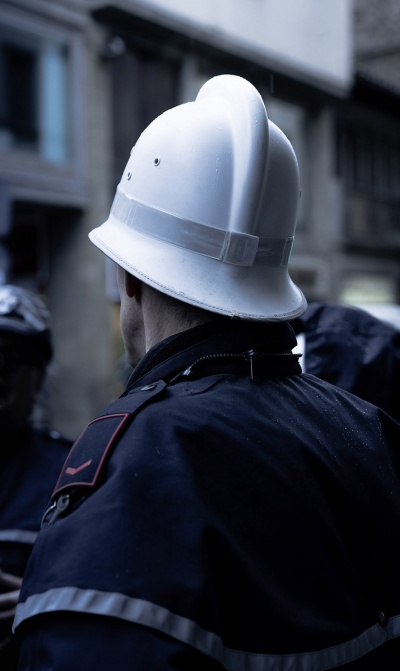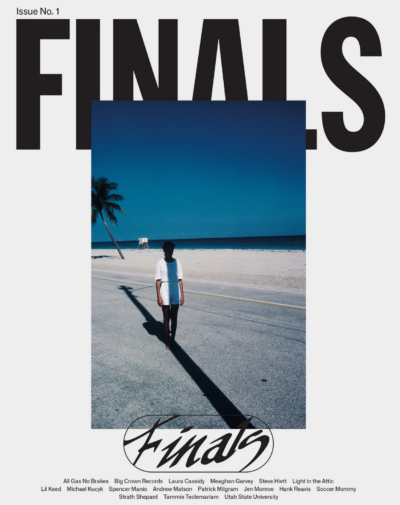THE WHITE HOTEL, AN EPICLY UNFILMABLE FEAT

Donald Michael Thomas was born in Redruth, Cornwall, UK. He attended Trewirgie Primary School and Redruth Grammar School before graduating with First Class Honours in English from New College, Oxford in 1959. He lived and worked in Australia and the United States before returning to his native Britain.
The White Hotel, a novel penned in 1981 by D. M. Thomas unravels an ominous and heart-rending narration based on an imagined patient of Sigmund Freud known as Frau Anna G. In initially visiting the psychoanalyst, she divulges intimate thoughts from her erotic journal and it is revealed that she is suffering from mysterious and chronic psychosomatic pains in her left breast and ovary. Freud attempts to trace Frau Anna G’s symptomatology to her past, but it soon becomes evident that her premonitions are fortelling the future and what would be the horrors of the Holocaust.
A number of efforts have been made to make the novel into a film, which some have described as unfilmable or unadaptable. These have included attempts by Bernardo Bertolucci with Barbra Streisand, by David Lynch with Isabella Rossellini, by Simon Monjack with Brittany Murphy, and by Emir Kusturica with Nicole Kidman.
The outcome of her visits with Freud are inconclusive and Anna turns out to be Elisabeth (Lisa) Erdman of Vienna. She goes on to pursue a marginally successful musical career and moves to Kiev with her husband in the 1920s. He eventually disappears in a Communist upheaval and when the German troops make headway in Kiev in 1941, she and her young son are ordered, along with the city’s jews, to Babi Yar.
The novel garnered international acclaim and a number of directors have tried their hand at turning the book into celluloid fare but with no success. These have included attempts by Bernardo Bertolucci with Barbra Streisand, David Lynch with Isabella Rossellini, Simon Monjack with Brittany Murphy and Emir Kusturica with Nicole Kidman. Directors Terrence Malick and David Cronenberg were also met with little luck.
A screenplay for The White Hotel written by Dennis Potter in the 1980s was finally adapted for BBC Radio 4 in 2018 under the creative eye of director Jon Amiel. In speaking with The Guardian, Amiel explains, “It is a difficult story under any circumstances both to read and to listen to and to make it as a movie is exceptionally tricky,” he said.
“I also think a movie is almost always a diminution of a great novel and The White Hotel is a great novel … movies always turn great novels into small novellas essentially. Average novels, small novels can make great movies.
“But I do think this makes an extraordinary radio play. In its scale and ambition it is quite unlike any radio play I’ve heard.”

“The latitude given to film material cannot … be as wide as the latitude given to book material,” because “a book reaches the mind through words merely; a film reaches the eyes and ears through the reproduction of actual events”.
But what has made the novel practically insurmountable film-wise? When it comes to adapting a book for the big screen, narratives that are difficult to read, particularly those that are illusory, weighty and perplexing, are notoriously difficult to film. Literary works that delve into shockingly repulsive and horrifying events and subjects are also grouped into unfilmable feats.
In The White Hotel, Lisa is not the most reliable of narrators as she lives in illusive worlds and is constantly tweaking her stories. Her terrifying narratives are met with foresights into distressing historical events and natural disasters. The novel also shifts from logical psychoanalyst case notes into allegorical symbolism, while intense mental and emotional states morph into realism. It is a difficult read, to say the least. Some fantasies, multiple worlds and confusing narratives are just too erratic for film’s special effects.
Then there’s the added question of censorship, which has hammered down the volume of books that can be filmed, as motion pictures are more stringently controlled and censored than books. The US Motion Picture Production Code (MPCC) of 1930 determined that: “The latitude given to film material cannot … be as wide as the latitude given to book material,” because “a book reaches the mind through words merely; a film reaches the eyes and ears through the reproduction of actual events”.
It concluded that: “The mobility, popularity, accessibility, emotional appeal, vividness, straightforward presentation of fact in the films makes for intimate contact on a larger audience and greater emotional appeal. Hence the larger moral responsibilities of the motion pictures.”
Films with a high likelihood of censorship in many countries have very little possibility of turning a profit and are not economically viable, which makes adapting a novel to a niche audience such as BBC Radio 4’s listeners a much safer bet.
Thomas explains of his approach to writing novels: “I think my strongest novels are ‘The White Hotel’, ‘Ararat’, ‘Flying in to Love’, ‘Pictures at an Exhibition’, ‘Eating Pavlova’ and ‘The Flute-Player’. That’s a purely subjective judgement, of course. Who could ever trust an author’s own view of his work? The re-reading experience was important solely for me; it’s allowed me to ‘own’ those novels again. My great love was always poetry – verse. I knew a lot of it and about it. With the novel, I didn’t know much. Don’t often read them. So I was uninhibited when I turned to writing them. It helped.”


